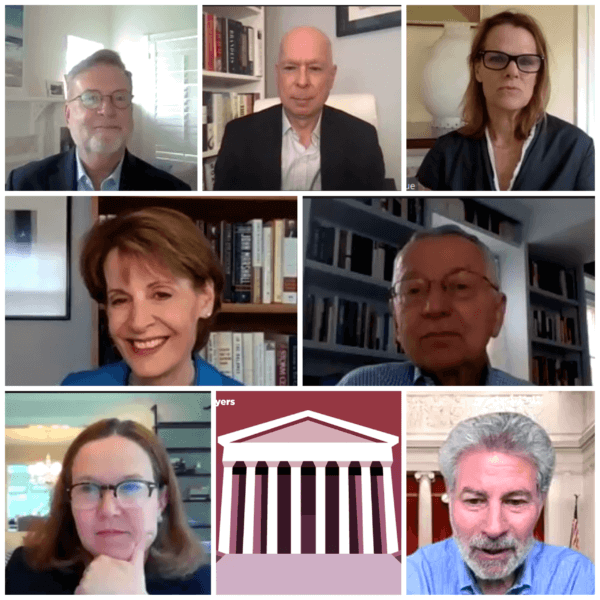
Supreme Court: View from the Press Gallery 2021 Recap
On Wednesday, July 7, 2021, over 225 law students, lawyers, and legal aficionados attended Supreme Court: View from the Press Gallery, our annual panel of journalists who dish and discuss the inside scoop on SCOTUS, and the Justices.
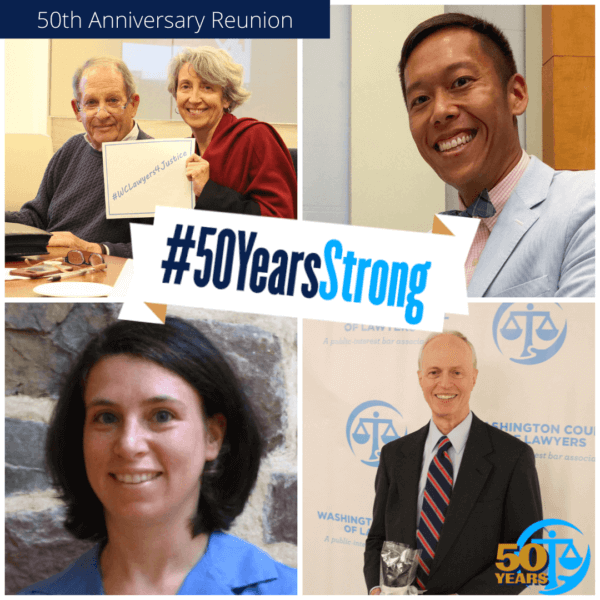
50th Anniversary Celebration
50 years ago — Washington Council of Lawyers was founded to reform the DC Bar and fight for social justice. Today — Washington Council of Lawyers is a vibrant voice for the DC pro bono and public-interest community, fighting for access to justice, with more than 70 programs during the past year. Washington Council of Lawyers has a rich history of service and advocacy, and last week we were thrilled to host our founders, past presidents, long-time members, community partners, and new friends for our 50th Anniversary Reunion.
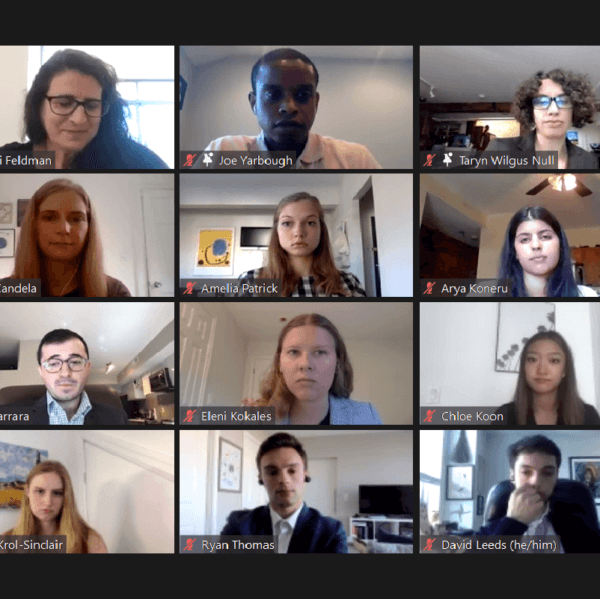
Tips for a Successful Remote Summer Experience
Summer associates and summer interns from across the country joined our Intern Happy Hour last week for a discussion of what to expect from their summer experience. Our expert panel of supervisors from the government, law firms, and legal service providers gave tips and advice on how to make a remote internship successful.
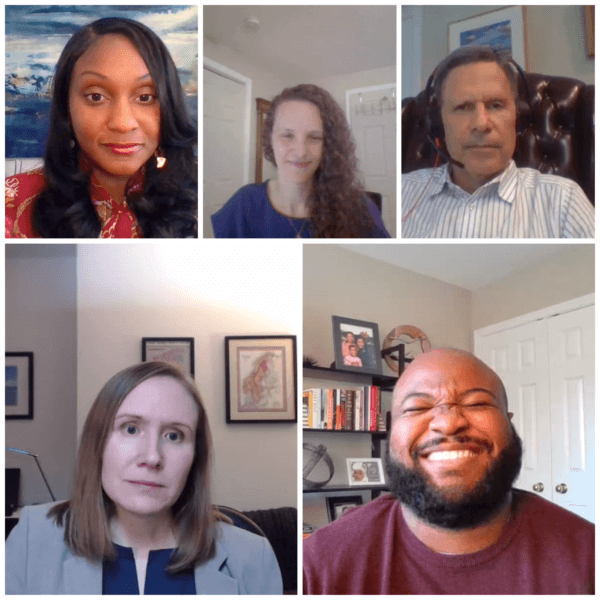
Summer Forum 2021: Criminal Law & Death Penalty Pro Bono Opportunities
The final session of our Summer Forum 2021 was the Criminal Law and Death Penalty Panel. This topic is of utmost importance, especially after the racial reconning this year, because of the unfortunate reality that communities of color are disproportionally affected by the criminal justice system. The panel discussed the impactful work they do and the ways that the broader legal community can help be a part of addressing these injustices within our society.
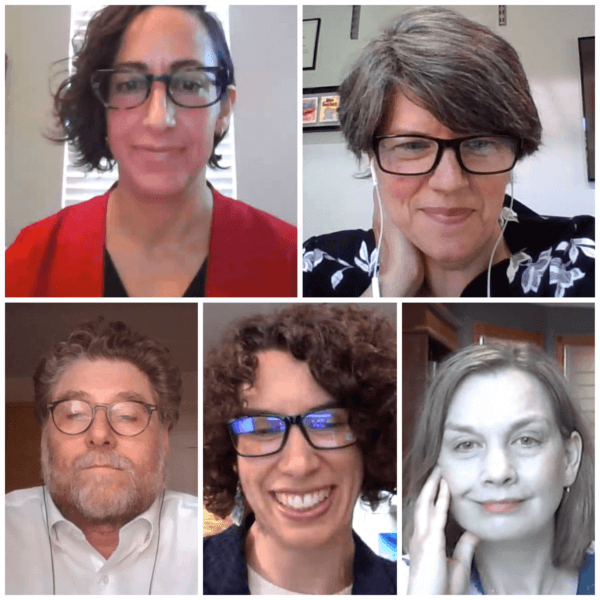
Summer Forum 2021: Civil Rights & Civil Liberties Lawyers Are At The Forefront of Change
The final day of our Summer Forum 2021 began with a panel on civil rights and civil liberties which highlighted how this past year has increased awareness of the disparities in our nation between people groups. Because of these disparities, there is a great need for lawyers to take part in pro bono civil rights and civil liberties work which promotes equal rights and justice for all people.
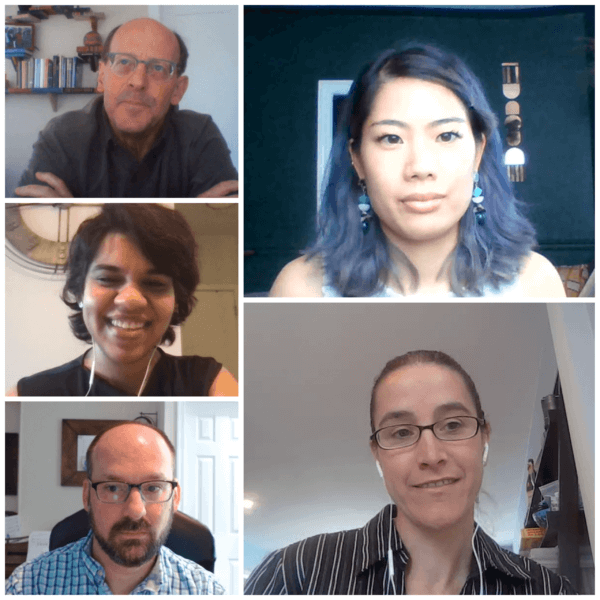
Summer Forum 2021: Advocate for Immigrants Through Pro Bono
On June 10, we convened the Immigration and Human Rights Panel for our Summer Forum 2021. This panel focused on the multitude of ways the legal community can support immigrants through pro bono representation. Each of the panelists works in immigration law and was able to provide insights into their work in addition to shedding light on the many pro bono opportunities available for lawyers and law students in immigration in the DC area and throughout the nation.
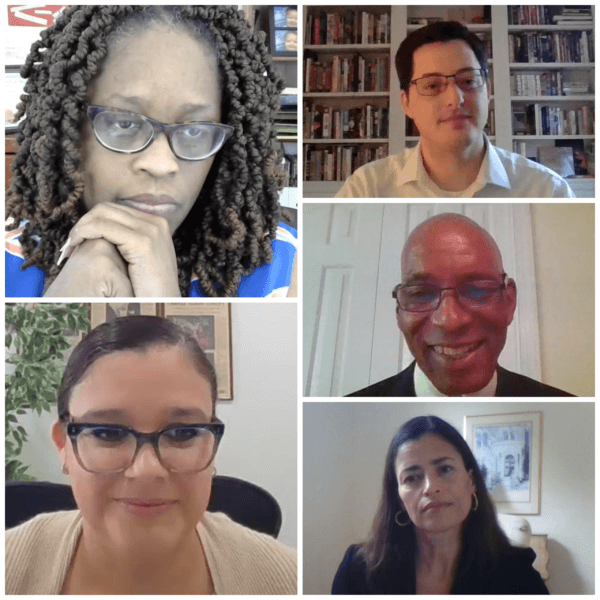
Summer Forum 2021: Serve Those Living in Poverty Through Pro Bono
Our second June 10th panel of the Summer Forum highlighted the continuing legal needs of those living at or below the federal poverty level, especially after the pandemic’s disruption of the economy and effect on individual lives. The most prevalent issues are debt collection, family matters, and landlord-tenant disputes among a host of others. Our panel discussed pro bono opportunities in these areas and how lawyers in the DC area and across the nation can also get involved.

Meet Our 2021 Summer Intern
Welcome Amelia Patrick, our 2021 Summer Intern. Amelia is a rising senior at Mercer University in Macon, Georgia with a double major in Economics/International Affairs and a minor in Religion and Public Diplomacy. We are excited to have her contributing to our mission.
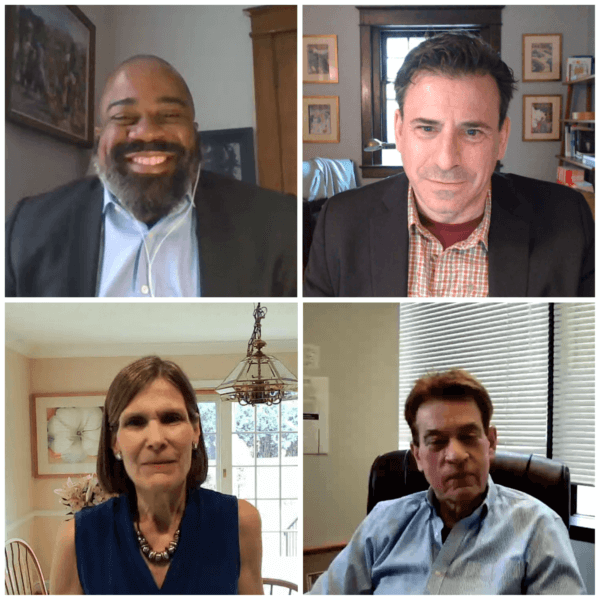
2021 Summer Forum: Myriad of Opportunities for Transactional Pro Bono
The first practice-area panel discussion of the 2021 Summer Forum was held on Thursday, June 3, and the conversation focused on opportunities for pro bono work outside the courtroom. Not all pro bono work involves litigation. There are many opportunities for public-interest careers and pro bono opportunities in areas such as advocacy, transactional work, legal guidance, and advising that can make a powerful impact.






